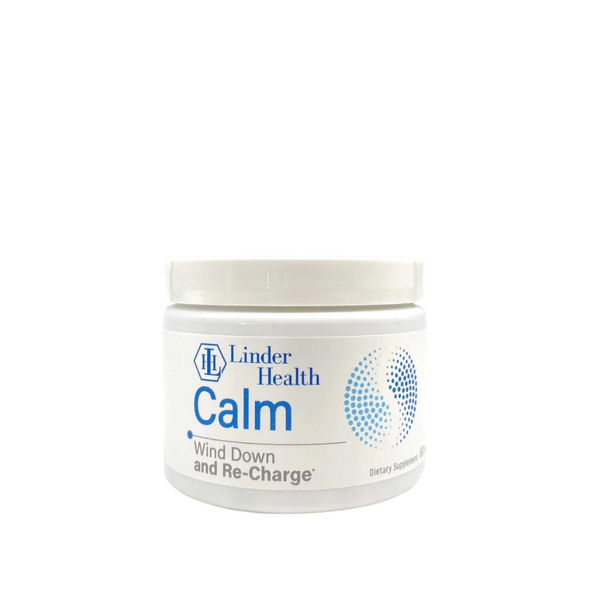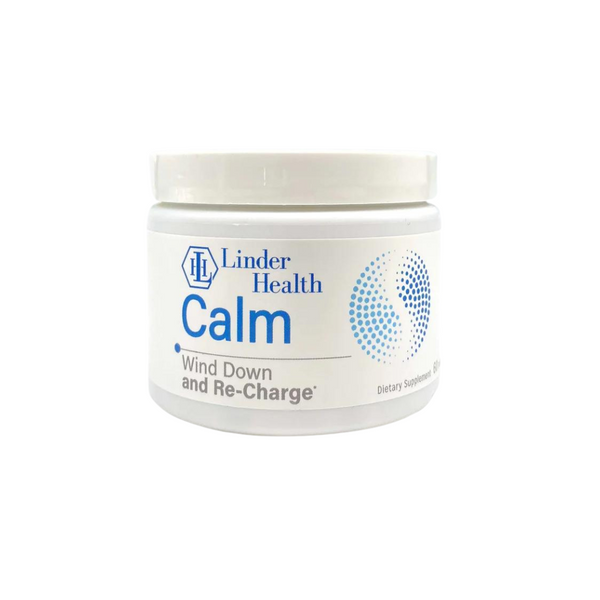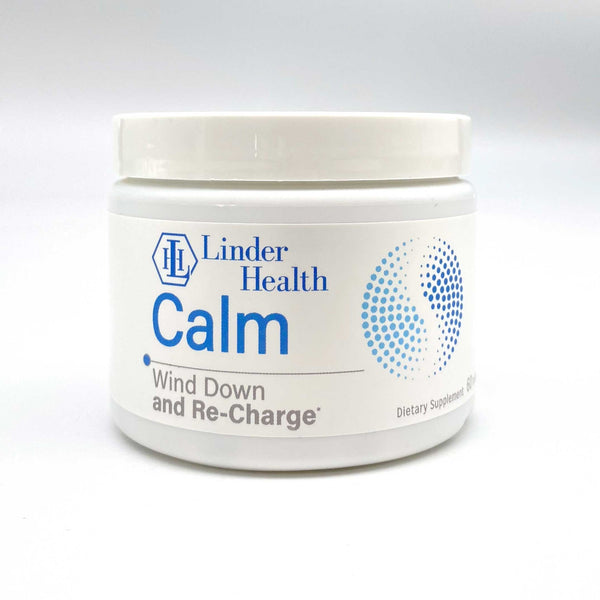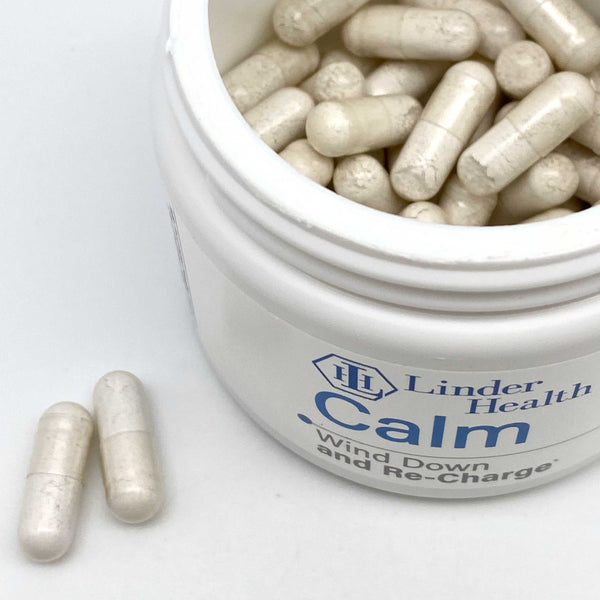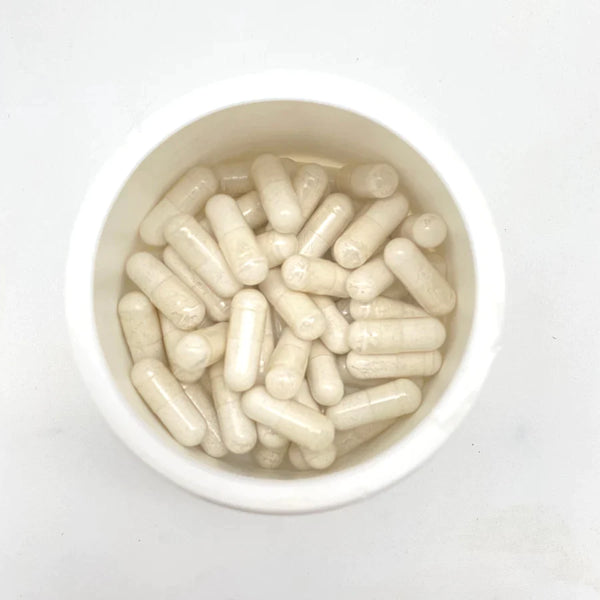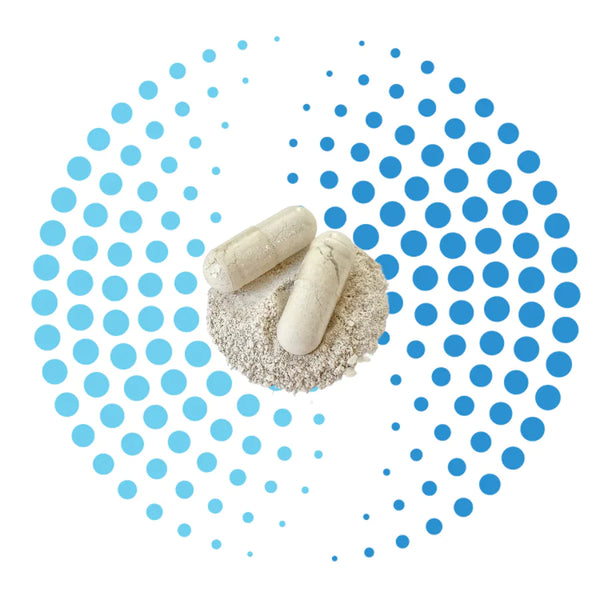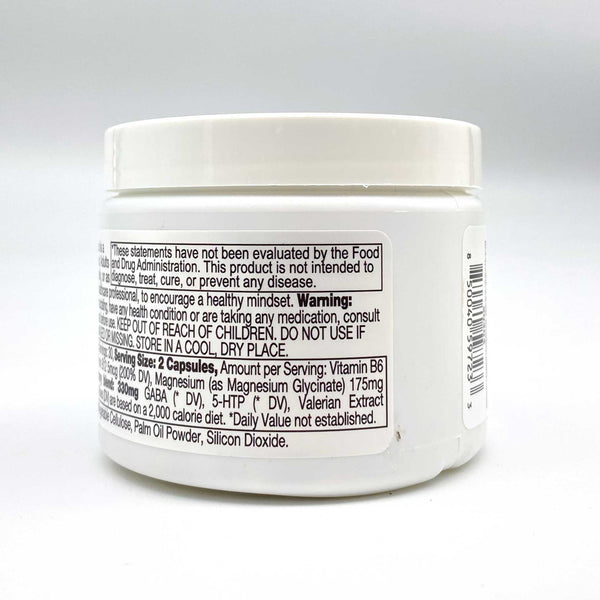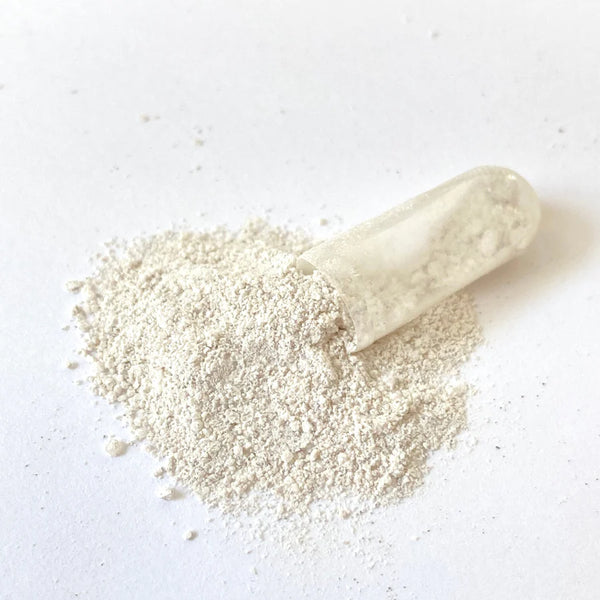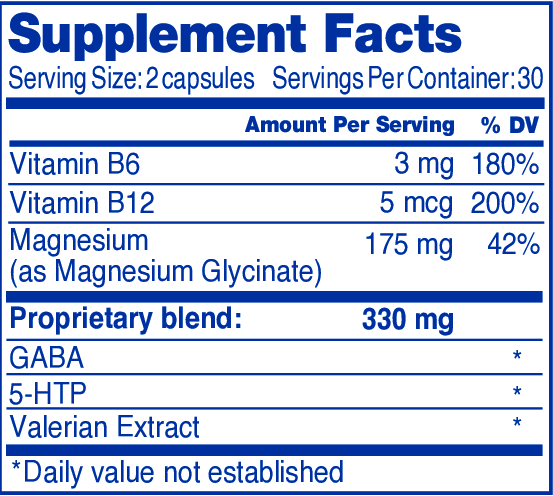We all know the term "beauty sleep," but what does it really mean? Beyond just feeling refreshed in the morning, quality sleep plays a pivotal role in maintaining a balanced and thriving skin microbiome. Our skin is home to trillions of microorganisms, collectively known as the skin microbiome, which play a vital role in skin health, our beautyspan, and overall immunity.

- Breakouts and Acne: Insufficient sleep disrupts the delicate balance of your skin microbiome, leading to an overgrowth of harmful bacteria and a decrease in beneficial microbes. This imbalance can manifest as various skin issues, including acne, eczema, and rosacea.
- Dull, Lackluster Skin: A tired complexion that lacks radiance and appears dull could indicate inadequate sleep. During sleep, your body repairs and rejuvenates the skin, promoting cell turnover and collagen production. Without sufficient rest, this process is disrupted, resulting in lackluster skin.
- Increased Sensitivity and Redness: Are you experiencing heightened sensitivity or redness in your skin? Poor sleep can trigger inflammation, exacerbating conditions like rosacea and eczema. In addition, a compromised skin barrier due to sleep deprivation can make your skin more susceptible to environmental aggressors and irritants.
- Fine lines & wrinkles: Insufficient sleep can accelerate the aging process, leading to the development of fine lines, wrinkles, and sagging skin. Additionally, disrupted sleep patterns can negatively impact the delicate balance of the microbiome, contributing to accelerated aging. During sleep, your body produces growth hormones that help repair and regenerate skin cells. Without enough rest, this natural rejuvenation process is compromised, resulting in premature aging.
It's not all doom and gloom. Prioritizing quality sleep can help restore harmony to your microbiome, promoting a healthy and radiant complexion. During sleep, your body goes into repair mode: replenishing skin cells, producing collagen and elastin, and regulating inflammatory pathways, which are essential for maintaining healthy skin. Your skin's natural barrier function is also strengthened, helping to lock in moisture and keep out pollutants and other irritants.
How to Support Healthy Sleep Patterns
What can you do to ensure you're getting the quality sleep your skin needs? One key factor is magnesium glycinate. This essential mineral plays a crucial role in regulating neurotransmitters involved in sleep and relaxation, such as GABA. Studies have shown that magnesium deficiency is associated with poor sleep quality, while supplementation can improve sleep efficiency and duration.
Incorporating a magnesium glycinate supplement, like Calm, into your bedtime routine may help you achieve a more restful night's sleep, which in turn can lead to healthier, glowing skin. But remember, it's not just about taking a supplement; establishing good sleep hygiene habits is essential. This means creating a calming bedtime ritual, minimizing screen time before bed, and ensuring your sleep environment is conducive to rest.
The connection between sleep and skin health is undeniable. By prioritizing quality sleep and supporting your body's natural sleep mechanisms with magnesium glycinate like that found in Calm, you can help your skin look and feel its best. The next time you're tempted to sacrifice sleep for productivity, remember that your skin will thank you for those extra hours of shut-eye. Trust me, it's worth it.



